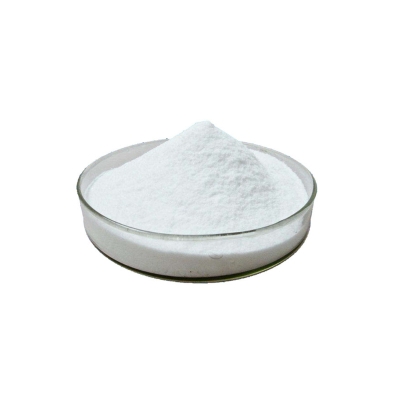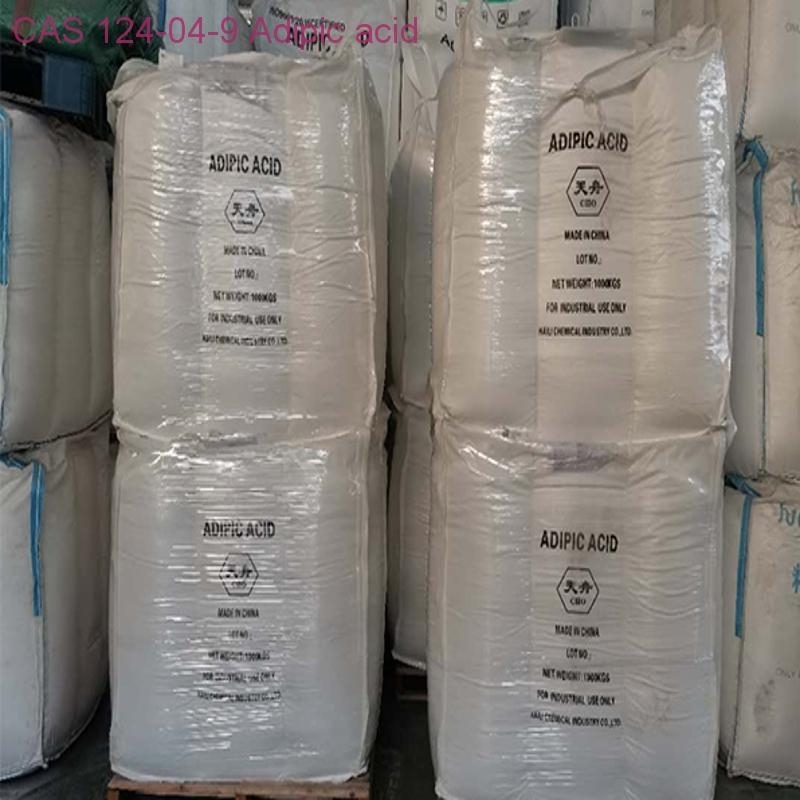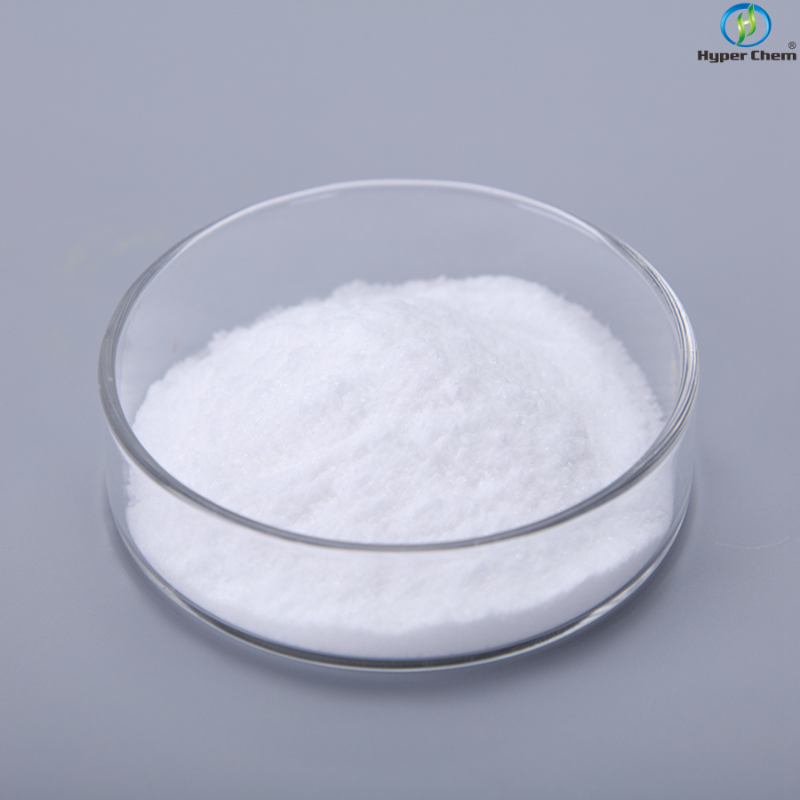-
Categories
-
Pharmaceutical Intermediates
-
Active Pharmaceutical Ingredients
-
Food Additives
- Industrial Coatings
- Agrochemicals
- Dyes and Pigments
- Surfactant
- Flavors and Fragrances
- Chemical Reagents
- Catalyst and Auxiliary
- Natural Products
- Inorganic Chemistry
-
Organic Chemistry
-
Biochemical Engineering
- Analytical Chemistry
-
Cosmetic Ingredient
- Water Treatment Chemical
-
Pharmaceutical Intermediates
Promotion
ECHEMI Mall
Wholesale
Weekly Price
Exhibition
News
-
Trade Service
Thiamine hydrochloride, also known as vitamin B1, is an essential nutrient that plays a crucial role in the body's metabolism.
It is used in the chemical industry in a variety of applications and is widely available as a dietary supplement.
One of the primary uses of thiamine hydrochloride in the chemical industry is as a catalyst in the production of PVC (polyvinyl chloride) plastic.
In this process, thiamine hydrochloride is used to catalyze the polymerization of vinyl chloride monomer (VCM) into PVC plastic.
The use of thiamine hydrochloride as a catalyst in the production of PVC plastic is known to reduce the amount of harmful byproducts that are produced during the manufacturing process.
Another application of thiamine hydrochloride in the chemical industry is in the production of dyes and pigments.
Thiamine hydrochloride is used as a catalyst in the production of certain types of azo dyes, which are widely used in the textile industry.
In addition, thiamine hydrochloride is used as a catalyst in the production of certain types of pigments, which are used in a variety of applications, including the production of plastics, coatings, and inks.
Thiamine hydrochloride is also used in the chemical industry as a catalyst in the production of pharmaceuticals.
In this process, thiamine hydrochloride is used to catalyze the formation of certain types of chemical bonds, which are used in the production of a variety of pharmaceuticals, including antibiotics and anti-inflammatory drugs.
Thiamine hydrochloride is also used in the chemical industry as a preservative in the production of certain types of food and beverages.
In this application, thiamine hydrochloride is added to the product in small amounts to prevent the growth of harmful bacteria and to extend the shelf life of the product.
Thiamine hydrochloride is also used in the chemical industry as a chemical reagent in a variety of applications.
In this process, thiamine hydrochloride is used to facilitate certain chemical reactions, including the oxidation of organic compounds and the hydrolysis of fats and oils.
In addition to its uses in the chemical industry, thiamine hydrochloride is also widely used as a dietary supplement.
Thiamine hydrochloride is an essential nutrient that is required for the proper functioning of the body's metabolism.
It plays a crucial role in the conversion of carbohydrates into energy and is involved in the production of certain neurotransmitters, such as acetylcholine.
Thiamine hydrochloride is found in a variety of foods, including whole grains, legumes, and meat.
However, many people do not get enough thiamine in their diets and may benefit from taking thiamine hydrochloride as a supplement.
Thiamine hydrochloride is available in a variety of forms, including capsules, tablets, and powders, and is often taken in doses of 50-100 mg per day.
In conclusion, thiamine hydrochloride is a versatile compound that is widely used in the chemical industry for a variety of applications.
It is also used as a dietary supplement to support the body's metabolism and is available in a variety of forms.
Its many uses, both in the chemical industry and as a dietary supplement, make it an important compound in modern society.







